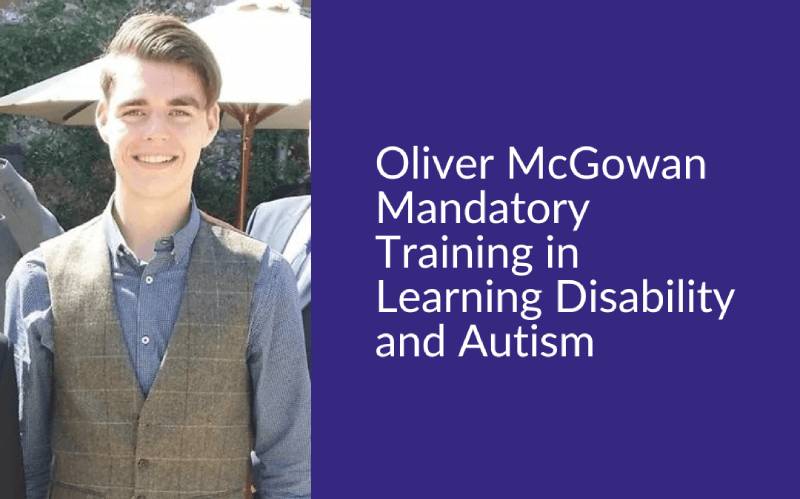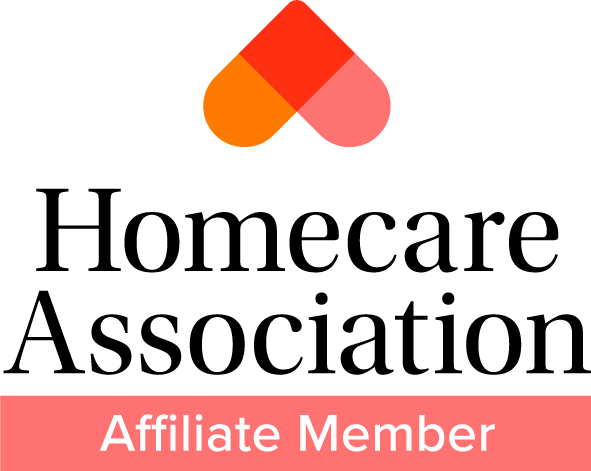First things first!

As a licensed doctor it is YOUR responsibility to make sure that you read, understand and follow the guidance written by the GMC: “Guidance on supporting information for appraisal and revalidation,” as failure to do so could result in your license to practice being at risk.
As a director of a revalidation and appraisal service to designated bodies part of my duty is to contact those doctors who have a prescribed connection through the GMC to remind them when their appraisal is due. I do this diligently, at least 3 months before the appraisal date. Some leave it until the 2nd reminder to acknowledge me; some leave it until the 3rd reminder and some ignore me completely. Often, I get told: “I have up to 15 months from the date of my last appraisal to get the next one done or; I have had 3 appraisals in this 5-year cycle, so I don’t need another before revalidation.” Unfortunately, this is not the case at all – annual means within every 9 to 12 months, unless you have extenuating circumstances that prevent you from completing an appraisal e.g. you may have missed an appraisal due to maternity leave or you have been on long term sickness leave. Any mitigating circumstances for missing an appraisal should be approved and confirmed by your responsible officer.
What Happens If You Fail to Engage?
Failure to engage with the local processes in your work domain to comply with revalidation requirements, including appraisal, will put your licence to practice at risk. Depending on the circumstances, the GMC may withdraw your licence if without reasonable excuse you fail to comply with the GMC guidance and will invite you to make written representations within 28 days explaining why they should not withdraw your licence.

Your annual appraisal is the key to revalidation. It should be supportive and is not a pass or fail tick box exercise. The appraisal must consider your whole scope of practice and you must declare all the places you have worked and the roles you have fulfilled as a doctor since your last appraisal. The supporting evidence and information that you collect must cover all aspects of your work including voluntary, non-clinical roles and any private work as well as NHS work.
Supporting Information, You Must Collect to Reflect and Discuss at Your Appraisal:
The GMC advise that your supporting information should be from practice in the United Kingdom, however, your responsible office may accept supporting information from overseas practice if they are satisfied that it meets the required standard. You should check this prior to working overseas whilst holding a UK licence to practise.
There is no set method for gathering and providing supporting information and there are no hard and fast rules as to how you should do this. Many organisations use a MAG4 form which is an electronic form that you can upload your evidence electronically to. It may not be used on mobile devices such as phones and tablets, you will need a desktop PC. Other organisations use their own systems on which you may need some guidance and training.

Continuing Professional Development – the most important part of CPD is that you reflect upon it and record what you have learned and how this helps you to maintain or improve upon your quality standards of your practice or influences your behaviour in the workplace. This should be discussed at appraisal. The GMC does not prescribe exactly how many CPD points you should undertake each year only that the CPD must relate to your whole scope of practice. If you have any questions regarding CPD you should discuss these with your appraiser or responsible officer. There seems to be a common misunderstanding that you MUST do 50 CPD points/hours – this is not the case. If you only for example, have 45 hours’ worth of CPD, then this may become part of your Personal Development Plan (PDP) for the next year. Some medical colleges and professional bodies have requirements in place and you should check with those if you are a member; otherwise speak to your appraiser. If you would like a free template for recording your CPD reflection, then please email kate@themlu.org and I will be happy to provide this to you. Remember, CPD is not just about attending training courses and having certificates. You can also include reading articles/journals relevant to your work and reflecting on them.
We get many questions about what constitutes CPD and what can be used in appraisal on a regular basis. So, if you are confused about CPD you are not alone. I cannot labour the point enough – speak to your appraiser – he or she is there to help you!
Quality Improvement Activity – like CPD, the purpose of quality improvement activity is to enable you to review the quality of your work and evaluate it. This helps you to identify what in your practice is working well and where you might need to make some changes. It also gives you the opportunity to see if any changes you have made have improved your practice.

At appraisal your appraiser will want to see that the extent of quality improvement activity you have undertaken is appropriate for the work that you do. If you are unable to yet evaluate the results of any changes you have made or that you plan to make, you can discuss at your appraisal how you intend to do this and include it in your PDP for the next appraisal period.
The faculties and medical royal colleges provide guidance on what would be the most appropriate activity for those doctors working in certain specialities or general practice and you should be advised by their requirements.
Depending on the roles that you perform and your roles and responsibilities, quality improvement activity can take many forms and includes:
Clinical Audit – evidence of effective participation in clinical audit or an equivalent quality improvement exercise that measures the care with which an individual doctor has been directly involved.
Review of clinical outcomes – where robust, attributable and validated data are available. This could include morbidity and mortality statistics or complication rates where these are routinely recorded for local or national reports.
Case review or discussion – a documented account of interesting or challenging cases that a doctor has discussed with a peer, another specialist or within a multi-disciplinary team (4 case reviews will be required).
Audit and monitor the effectiveness of a teaching programme.
Evaluate the impact and effectiveness of a piece of health policy or management practice.
You will need to demonstrate that you have evaluated and reflected on the results of the activity or audit. This might be through reflective notes about the implications of the results on your work, discussion of the results at peer-supervision, professional development or team meetings and contribution to your professional development.
You will need to demonstrate that you have taken appropriate action in response to the results. This might include the development of an action plan based on the results of the activity or audit, any change in practice following participation, and informing colleagues of the findings and any action required.
You should consider whether an improvement has occurred or if the activity demonstrated that good practice has been maintained. This should be through the results of a repeat of the activity or re-audit after a period where possible.
In Part TWO we will look at: Significant Events - Feedback from Patients - Feedback from Colleagues and Compliments and Complaints
Written by Kate Lewis & Darren Wiggins of ACI Training & Consultancy Ltd., specialists in revalidation and appraisal services.














